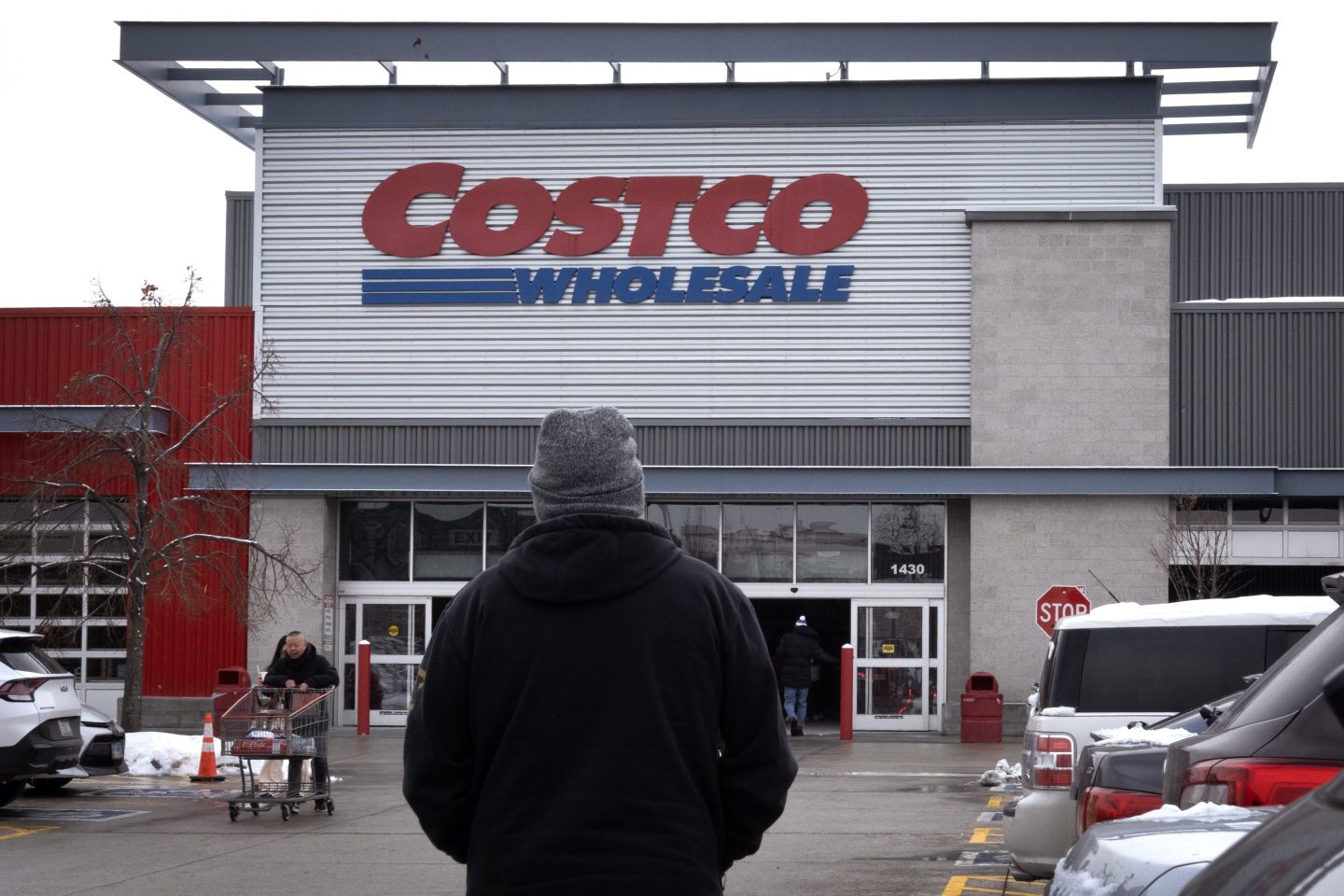Mattel’s iconic Barbie doll joined the popular social-network site LinkedIn this year and even appeared in a Sports Illustrated campaign, but both marketing ploys weren’t enough to drive sales in the latest quarter.
The world’s largest toy maker posted a sharp 61% drop in second-quarter profit as Barbie posted another sales decline and demand also fell for the well-established Fisher-Price and Hot Wheels brands. Results badly missed Wall Street’s expectations for the quarter, hurt by sales weakness across almost all categories.
But the sales woes for Barbie, which have plagued Mattel (MAT) the past few years, are especially problematic. Barbie’s global sales slumped 15% in the latest quarter.
Worldwide sales of Mattel’s preschool Fisher-Price brands slid 17%, while Hot Wheels sales dropped 2%. The pricier American Girl doll segment was the lone bright spot, with sales rising 6%.
The sales decline at Mattel is worrisome for the company as the overall industry is performing fairly decently this year. Mattel, citing NPD Group data, said the overall industry’s sales have risen 4% in the U.S. and 5% in European markets through May. Mattel, meanwhile, is aiming to bolster its results with the recent acquisition of MEGA Brands, a toy company that focuses on construction play and competes with Lego.
Overall, Mattel reported a profit of $28.3 million, or 8 cents a share, down from $73.3 million, 21 cents a share, a year ago. The latest period included an 11-cent tax benefit, which was somewhat offset by 6 cents in per-share costs tied to the acquisition of construction-toy company MEGA Brands. Total revenue slid 9% to $1.06 billion, hurt by fairly balanced weakness in North America and international markets.
Analysts surveyed by Bloomberg had expected an adjusted profit of 18 cents a share on $1.19 billion in revenue.
Gross profit slumped to 46.4% from 51.3%, dragged lower by inventory-related adjustments related to the MEGA acquisition.












